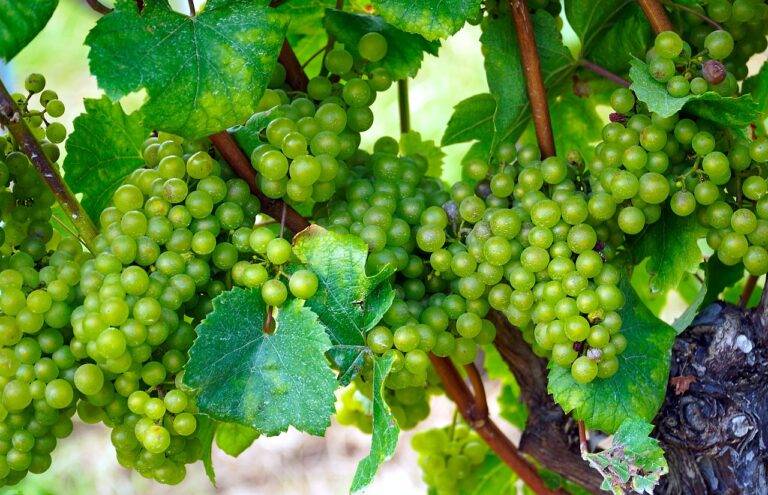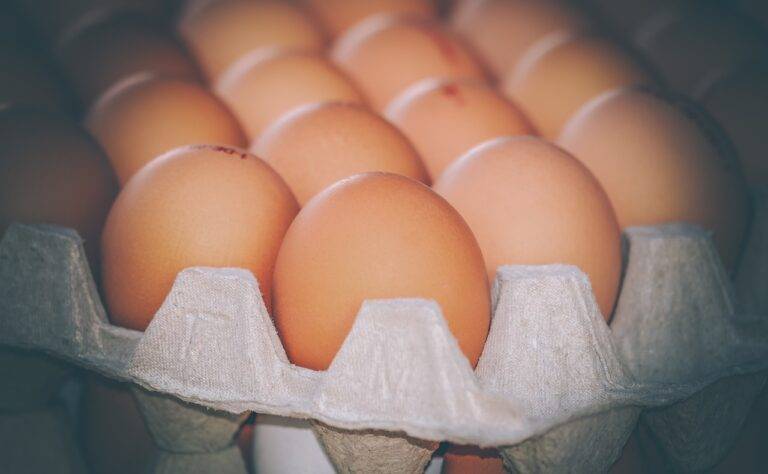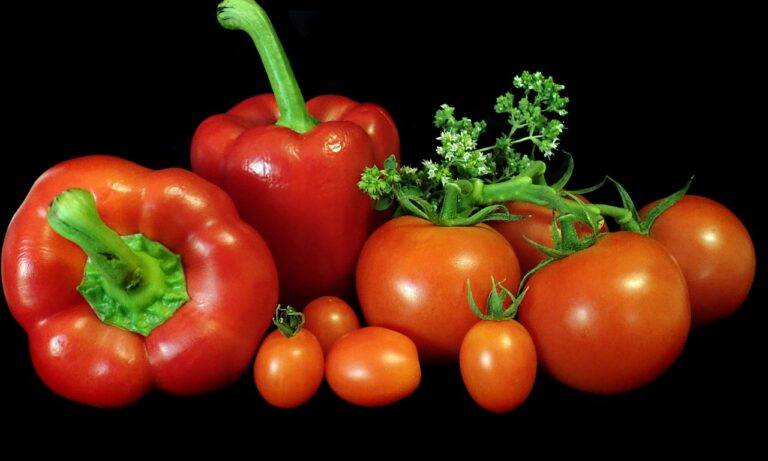The Future of Indoor Farming and Controlled Environment Agriculture
Traditional agriculture faces numerous challenges in today’s rapidly evolving world. Climate change, unpredictable weather patterns, water scarcity, and soil degradation are just a few obstacles impacting the productivity of conventional farming methods. Farmers are struggling to adapt to these changing conditions and are in need of innovative solutions to sustain their livelihoods.
Moreover, as populations continue to grow, the demand for food is skyrocketing. Conventional agriculture may not be able to keep up with this increased demand in a sustainable manner. This necessitates the urgency for embracing new technologies and methods that can enhance productivity, reduce environmental impact, and ensure food security for future generations. Innovation in agriculture is no longer a choice but a necessity to address the pressing challenges facing the industry.
Advancements in technology driving the growth of indoor farming
Indoor farming is revolutionizing the way we produce food by leveraging cutting-edge technologies to optimize crop growth. By incorporating advanced sensors and automation systems, indoor farms can closely monitor and regulate factors such as light, temperature, and humidity, leading to higher yields and better crop quality. These technological advancements enable farmers to create the ideal conditions for plants to thrive, regardless of external environmental factors.
Moreover, the integration of data analytics and machine learning algorithms in indoor farming operations allows for predictive modeling and precision farming practices. This data-driven approach helps farmers make informed decisions regarding crop management, resource allocation, and pest control, ultimately increasing efficiency and sustainability in food production. As technology continues to evolve, indoor farming is poised to play a significant role in ensuring food security and meeting the growing demands of a rapidly expanding global population.
Environmental benefits of controlled environment agriculture
Controlled environment agriculture offers a range of environmental benefits. By utilizing indoor farming techniques, farmers are able to significantly reduce water usage compared to traditional outdoor farming methods. Through precise monitoring and control of irrigation systems, water wastage is minimized, promoting efficient water conservation. This is particularly crucial in regions prone to drought and water scarcity, where every drop of water saved can make a difference in sustaining agricultural practices.
Additionally, controlled environment agriculture helps to mitigate the impact of pesticides and herbicides on the environment. By creating a closed system that minimizes the need for chemical inputs, indoor farming reduces the risk of harmful pollutants entering the surrounding ecosystem. This not only safeguards the health of ecosystems and wildlife but also minimizes the potential for water contamination. The focus on sustainability and eco-friendliness in controlled environment agriculture is paving the way for a greener and more environmentally conscious approach to food production.





